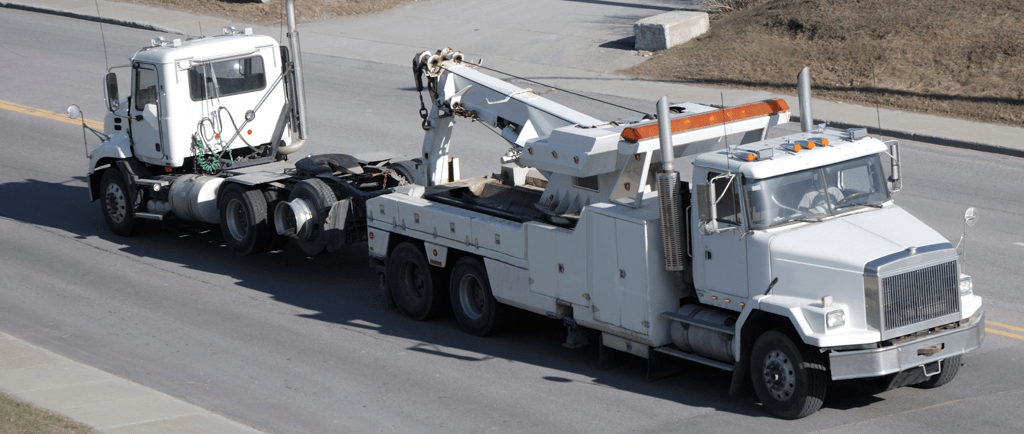Protecting Your Fleet from Predatory Towing: Everything You Need to Know
Familiar with a $10,000+ towing bill to a tow company that you did not even call? This blog highlights some of the hidden fees of Trucking and how to avoid them.
4/28/20254 min read


When your truck breaks down, your priority is getting your driver and cargo safely back on the road. Predatory towing companies take advantage in these urgent moments, charging ridiculous prices and oftentimes manipulating fleet managers or drivers who don’t know local laws and regulations.
Predatory towing is so widespread that some fleets unknowingly spend tens of thousands of dollars extra each year due to these schemes. Thankfully, our team has put together this guide to help you identify these scams, know how to prevent them, and what steps you should take if you fall victim to a towing scam.
What is Predatory Towing?
Predatory towing is when an unethical towing company intentionally exploits fleet emergencies by charging heavily inflated fees for towing, impounds, or recovery services.
These unethical towing companies typically target fleets and drivers who aren't familiar with local towing rules. Predatory towing companies might be called by local authorities, show up without being asked, or advertise online—but their intention is always the same: charging prices far above typical towing rates.
How Much is Predatory Towing Costing Fleets?
According to the American Trucking Associations (ATA), predatory towing scams can cost fleets millions of dollars annually, with some incidents inflating towing charges by 500% to 1000% above typical market rates (ATA, 2024).
Consider how many times your fleet needs to have a vehicle towed each year. Paying even just a fraction over what’s fair, let alone 500% to 1000% can have a significant impact on your bottom line.
How to Spot Predatory Towing Companies
Knowing the signs of predatory towing can save your fleet significant money and frustration. Key red flags include:
Unsolicited Calls:
Legitimate tow companies typically respond only after being contacted. If a tow company reaches out to you claiming they are "nearby" or already on their way, heed caution.Use High-Pressure Tactics: These predatory companies will do whatever they can to pressure you into accepting their services quickly, including threats of calling the police or taking legal action against you.
Lack Transparency: They frequently refuse to provide estimates or itemized invoices, forcing fleets to pay upfront without verification.
Poor Online Reputation:
Always check Google reviews. You likely won’t be their first victim of a scam and in our experience, every predatory towing company we’ve ever encountered has tons of negative reviews.
Immediate Steps to Take if You Encounter Predatory Towing
Encountering predatory towing can be intimidating. It often happens when stress is already high, making it easy to feel pressured into quick decisions. But staying calm and following a clear plan can make all the difference. Here’s how to protect your fleet:
Never Rush to Pay:
Predatory towers rely on urgency and confusion. Avoid issuing immediate EFS checks or payments. Insist on clear documentation and verification first.Verify Everything:
Confirm towing company claims via GPS location tracking, direct contact with your driver, and independent calls to other reputable towing services in the area.Seek Expert Advice:
Consult supervisors or colleagues before agreeing to any service or payment. A second opinion can prevent hasty decisions and costly mistakes.Contact Law Enforcement:
If you think you might be dealing with predatory or aggressive behavior, don’t be afraid to contact local authorities. Law enforcement can provide clarity and protection.
Preventing Predatory Towing: Best Practices for Fleets
Proactive prevention can significantly reduce predatory towing incidents. The more informed your team is, the easier it is to prevent these scams in the first place:
Educate Drivers and Dispatchers:
Regularly train your team on recognizing predatory towing signs. Encourage skepticism of unsolicited offers and aggressive behavior.Pre-Approved Vendor Lists:
Maintain a list of trusted towing companies in frequently traveled regions. Clearly communicate this to drivers to streamline decision-making during emergencies. Go a step further and provide this list to them in a printout or digitally.Local Towing Regulations Knowledge:
Familiarize yourself and your team with regional towing regulations to quickly identify and challenge illegitimate practices. If your fleet is routinely driving the same routes, do your best to learn the laws for those trips.Establish Clear Payment Protocols:
Create SOPs that require multiple approvals or verification steps before issuing payment for emergency towing.
What to Do If You've Already Paid a Predatory Tower
If your fleet has fallen victim to a predatory towing scam, swift action can mitigate damage:
Void Payments Quickly:
Speed is key. If you’ve provided an EFS code or payment, immediately attempt to cancel or void it before it's cashed. Reach out to your bank if need be.Inform Your Management Team:
Inform your supervisors and financial department promptly. Immediate notification allows quicker response and limits damage.Document Everything:
Gather as much evidence as possible, including photos, invoices, and communication logs.
Industry and Regulatory Efforts Against Predatory Towing
Industry groups like the ATA are pushing for greater transparency and tougher rules to fight predatory towing. Efforts are underway to standardize towing rates, require clear invoicing, and put real penalties in place for unethical practices. Fleets can help by supporting these efforts and making their voices heard through industry groups and associations.
Despite these efforts, which will no doubt provide some relief, the most important way you can protect your fleet from predatory towing is through diligence, education, and clear communication across your team.
Taking Control of Towing Situations
Predatory towing remains a significant threat to fleet operations nationwide, costing companies substantial financial and operational resources each year. By learning to recognize early warning signs, implementing preventive practices, and responding decisively, fleets can significantly reduce exposure to predatory practices.
Staying informed and vigilant is your best defense. Equip your team with the knowledge from this guide, ensuring your fleet remains protected, operational disruptions are minimized, and your company's bottom line safeguarded.
Get in Touch!
Looking to protect your fleet from predatory practices? Reach out today!
Location
465 Crossroads Pkwy., Bolingbrook, IL, 60440
Working Hours
Mon-Sun 24/7
Contacts
(630) 389-4469
business@myfleetassist.com
